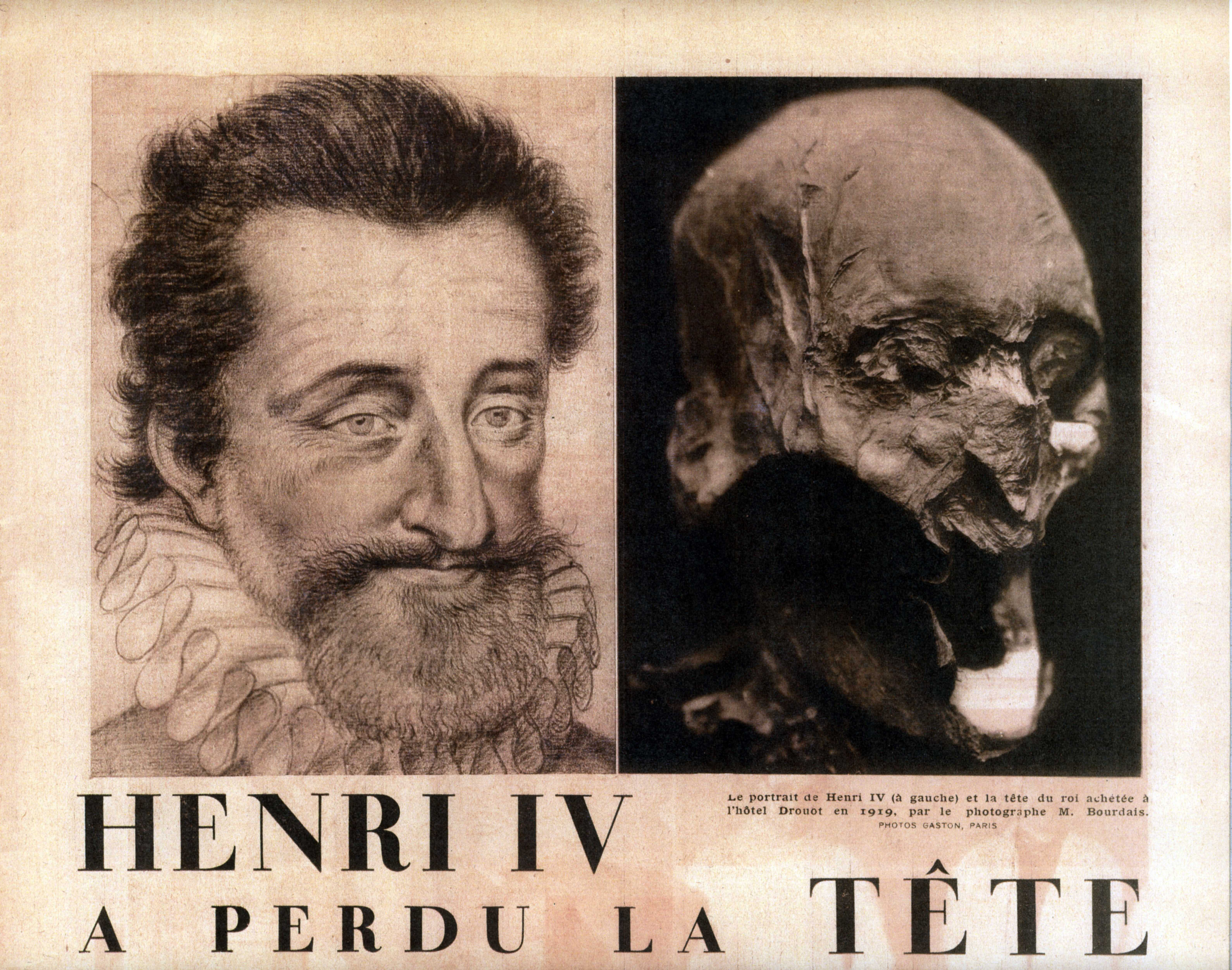Richard III may have had an ignominious resting place under a car park in Leicester, in England's East Midlands, but spare a thought for Henry IV. First the French monarch was disinterred from the royal sepulchre by revolutionaries and thrown into a mass grave. Then his head was cut off and — allegedly — turned up in the attic of a retired tax inspector.
Worse, while British experts have confirmed that the deformed skeleton found in Leicester is "almost certainly" that of Richard, bearing signs of fatal wounds he suffered during the battle of Bosworth, French scientists are still fighting over the disputed remains of Henri, who was assassinated in 1610 by a Catholic fundamentalist.
Unlike Richard III, who was reviled during his lifetime, "good King Henri" was credited with kindliness and seen as a potent symbol of national unity and reconciliation. Baptized a Catholic but raised a Calvinist, he ended bitter religious wars in France and took pains to ease the daily travails of his poorer subjects.


















With your current subscription plan you can comment on stories. However, before writing your first comment, please create a display name in the Profile section of your subscriber account page.